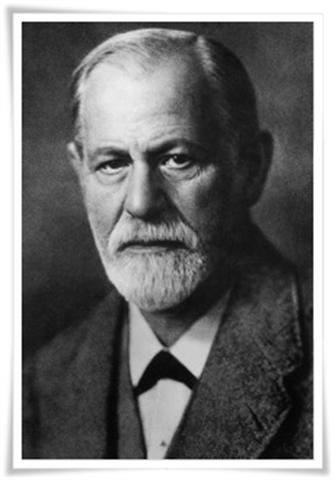 |
สำหรับผู้ที่มีศรัทธาใน "เอกพลานุภาพ" Monotheism
โปรดพยายามอ่านให้เข้าใจ...จะได้รู้จัก นาย Sigmund Freud ดีขึ้น
The Way We Live NowDefender of the Faith?
By MARK EDMUNDSON
Published: September 9, 2007
Late in life he was in his 80s, in fact got religion. No, Freud didnt begin showing up at temple every Saturday, wrapping himself in a prayer shawl and reading from the Torah. To the end of his life, he maintained his stance as an uncompromising atheist, the stance he is best known for down to the present. In The Future of an Illusion, he described belief in God as a collective neurosis: he called it longing for a father.
But in his last completed book, Moses and Monotheism, something new emerges. There Freud, without abandoning his atheism, begins to see the Jewish faith that he was born into as a source of cultural progress in the past and of personal inspiration in the present. Close to his own death, Freud starts to recognize the poetry and promise in religion....................................................
He also suggests that faith in God facilitated a turn toward the life within, helping to make a rich life of introspection possible.
..........................
Freuds argument suggests that belief in an unseen God may prepare the ground not only for science and literature and law but also for intense introspection. Someone who can contemplate an invisible God, Freud implies, is in a strong position to take seriously the invisible, but perhaps determining, dynamics of inner life. He is in a better position to know himself. To live well, the modern individual must learn to understand himself in all his singularity. He must be able to pause and consider his own character, his desires, his inhibitions and values, his inner contradictions. And Judaism, with its commitment to one unseen God, opens the way for doing so. It gives us the gift of inwardness.
อ่านต่อได้ที่.....
http://www.nytimes.com/2007/09/09/magazine/09wwln-lede-t.html
| จากคุณ |
:
แมทท์   
|
| เขียนเมื่อ |
:
29 ก.พ. 55 15:52:06
|
|
|
|
 |








